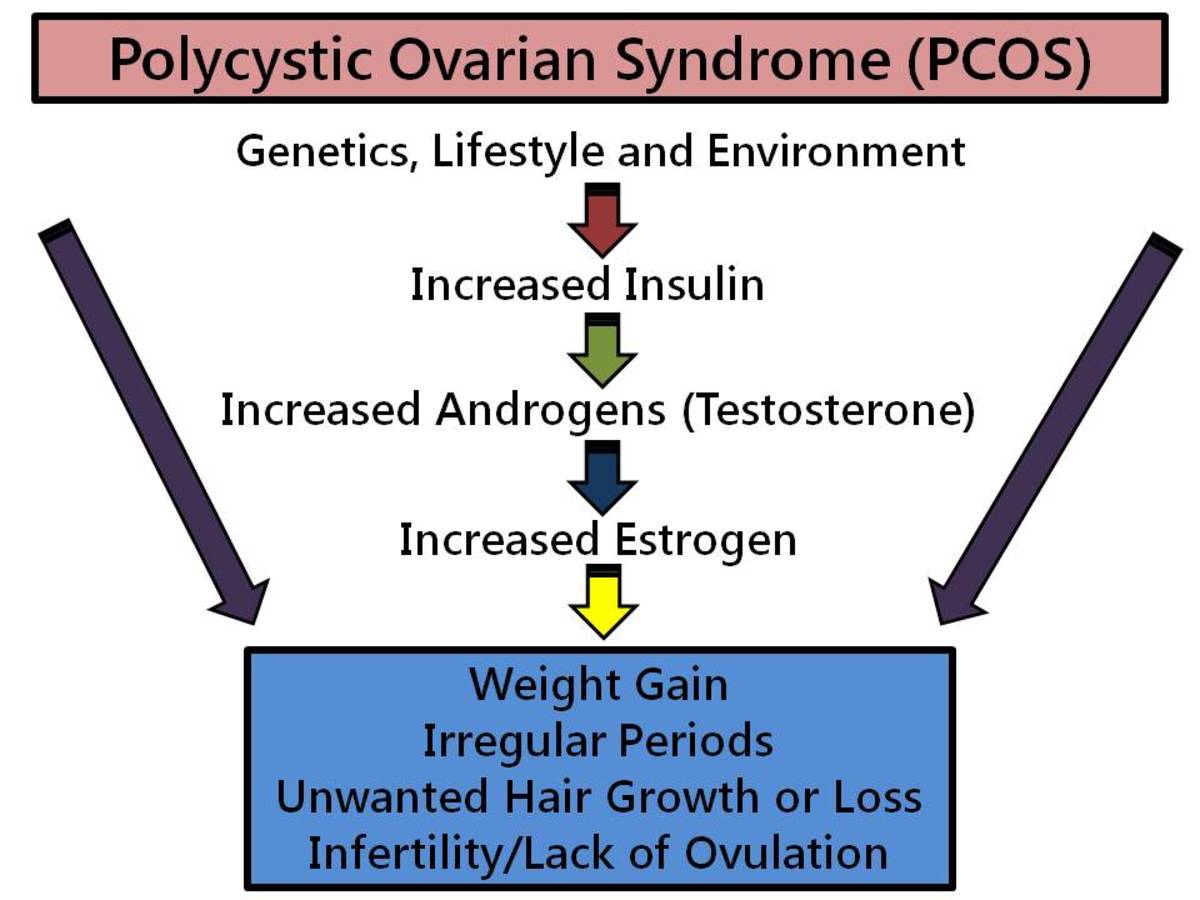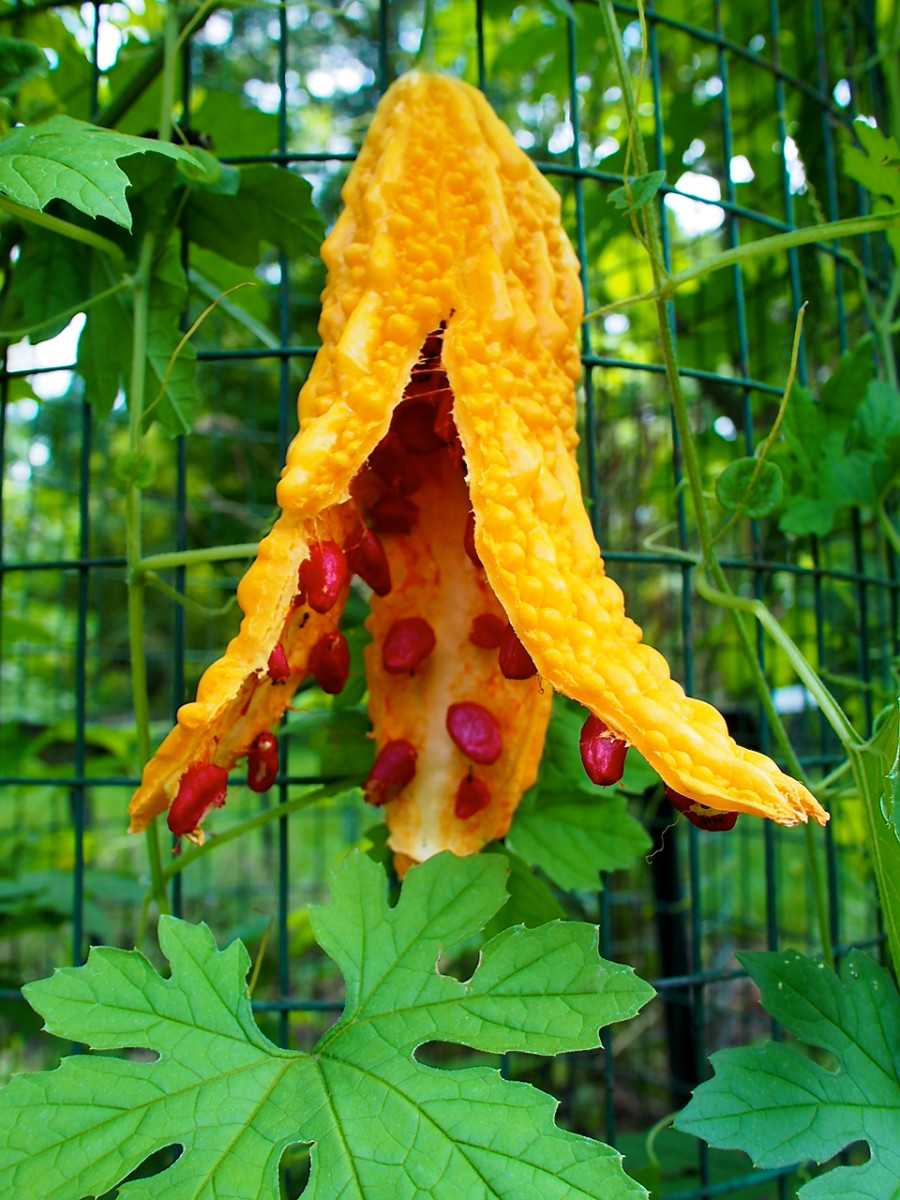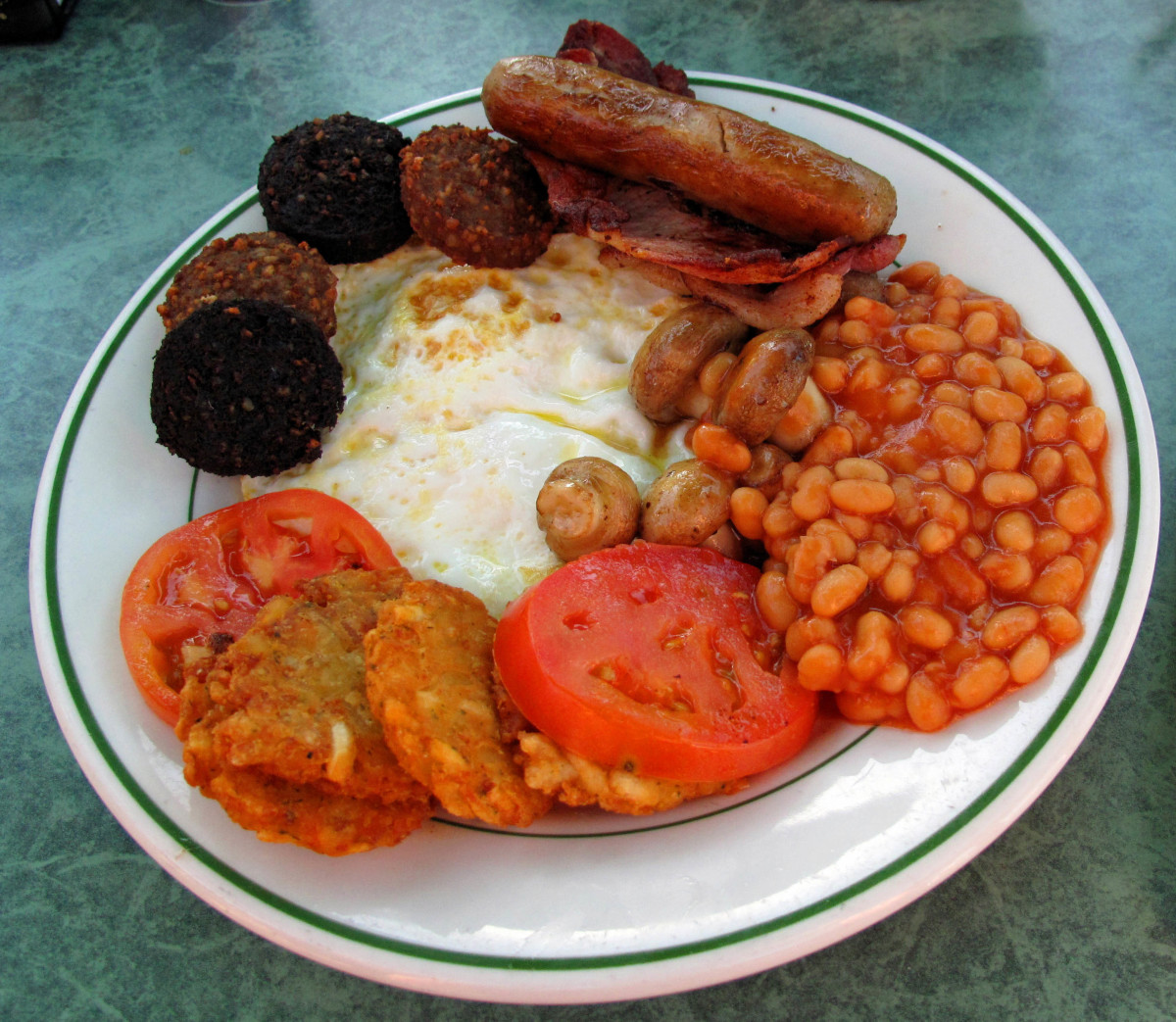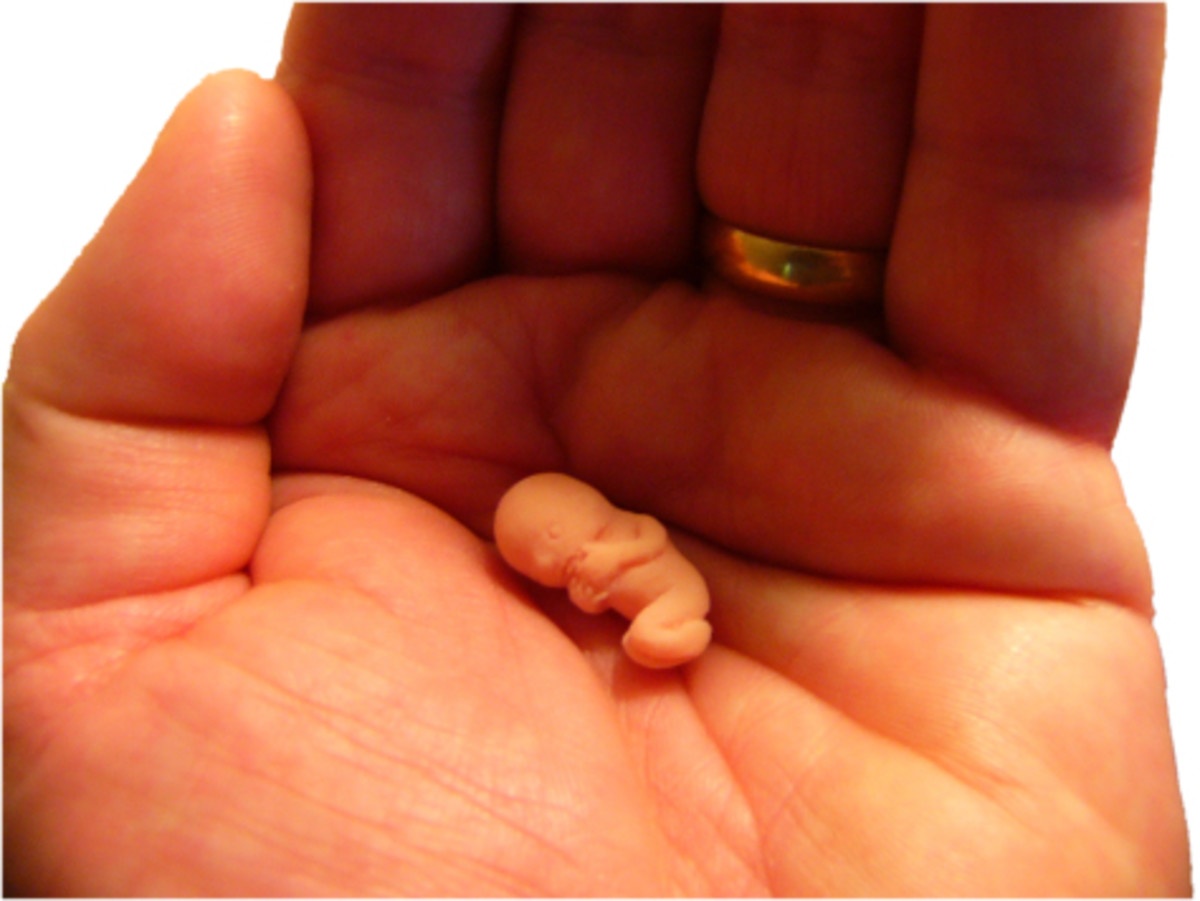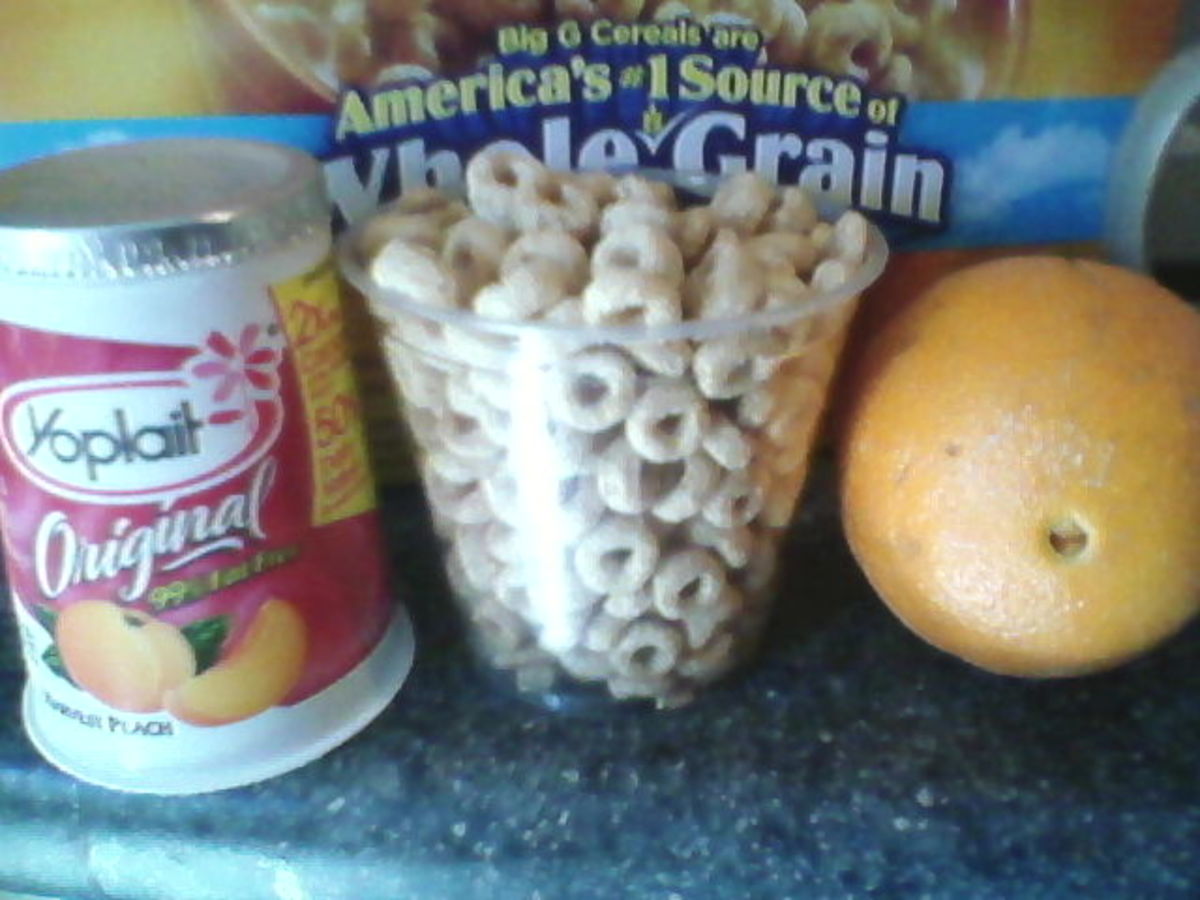Lose Weight With PCOS
For many women with Polycystic Ovarian Syndrome, more commonly known as PCOS, maintaining a healthy weight is a constant struggle.
An estimated 5-10% of women of reproductive age have PCOS and of those, 50-60% are seriously overweight or obese.
Why PCOS Makes You Gain Weight
PCOS is tied closely to two interconnected health problems that make it harder to maintain a healthy weight: hormone imbalances and insulin resistance.
Many women with PCOS have excessive levels of the hormone estrogen, also known as estrogen dominance, which is known to decrease the body's sensitivity to another hormone called insulin. Insulin is one of the most important hormones because it helps metabolize glucose, the form of sugar used by the body as energy. However, if glucose levels in the blood are too high, the body overproduces insulin and cells become resistant to its effects. When insulin resistance develops, either as a result of poor diet or because of excessive levels of estrogen, the body starts to lose its ability to metabolize glucose and starts storing it as fat instead. Fat cells manufacture estrogen, so extra weight increases the amount of estrogen in the body, which increases the body's resistance to insulin, which encourages more weight gain, which increases estrogen production, and so on in a vicious cycle that can ultimately lead to diabetes, heart disease, and many other serious health problems.
Women with PCOS also have unusually high levels of testosterone and other androgens (hormones found in greater quantities in men) because high insulin levels increases the body's production of androgens. In addition to causing annoying side effects such as acne, hair thinning, and facial hair, androgens encourage the body to put on weight around the waist, in what is commonly known as "apple-shaped" obesity. Apple-shaped obesity is more common in men, while women typically put on weight in their thighs or buttocks ("pear-shaped" obesity.) Unfortunately for men and women with PCOS, apple-shaped obesity is associated with a much higher risk of many obesity-related health problems than pear-shaped obesity, including high blood pressure, heart disease, diabetes, and more.
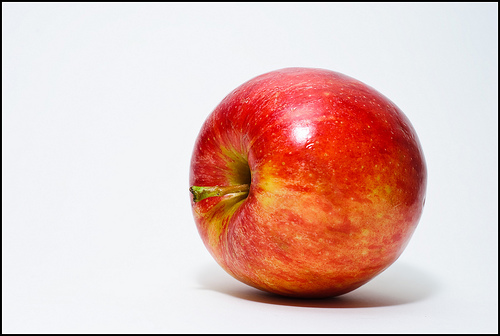
Learn More
Weight Loss Tips For Women With PCOS
The good news is that with diet and exercise, it is possible to for a woman with PCOS to maintain a healthy weight. Even better, weight loss can significantly reduce the symptoms and side effects of PCOS. Here are some tips to help you control your weight with PCOS:
Control Blood Glucose Levels
The most important step you can take is to start controlling your blood glucose levels. Not only does this reduce insulin resistance by preventing overproduction of insulin, it also helps control your weight because your body will have less extra glucose in the bloodstream to convert to fat.
In order to control your blood glucose levels, you need to start paying attention to the carbs you eat. Scientists have developed a rating system called the Glycemic Index that measures how much a given carb raises your blood glucose levels. The lower the food on the Glycemic Index, the less it affects blood glucose levels and the healthier it is for someone with insulin resistance to eat.
Women with PCOS should avoid simple carbohydrates, which raise blood glucose levels higher and faster than complex carbohydrates. Simple carbohydrates include:
- refined sugars, including white sugar and brown sugar
- refined grains and refined grain products, including white bread, white rice, and white pasta
- high fructose corn syrup
- starchy foods such as potatoes
Instead, eat moderate amounts of complex carbohydrates such as whole grain products, which affect blood glucose levels more slowly and do not raise them as high.
Other healthy foods for women with PCOS include:
- fresh fruits and vegetables
- beans and legumes
- nuts and seeds
- fish and seafood
- olive oil
More Tips for Controlling Blood Glucose Levels:
- Eat plenty of dietary fiber. Dietary fiber has been shown to reduce insulin resistance because it slows the absorption of glucose and helps prevent sudden surges of blood glucose levels. High fiber foods include most fresh fruits and vegetables, whole grains, and beans and legumes. Dietary fiber also helps prevent estrogen dominance by binding to waste estrogen and removing it from the body.
- Drink plain water. Soft drinks, juices, alcohol, coffee, and other drinks are among the biggest sources of simple carbohydrates for many people and studies have found that women who drink one or more cans of soda pop per day have a 44% higher risk of developing diabetes than those who drink water. Replacing soda pop with water is also a fast and easy way to cut an average of 200 calories per day out of your diet. And like dietary fiber, water helps prevent estrogen dominance by flushing excess estrogen out of your body before it builds up and starts affecting your health.
- Increase magnesium intake. As many as 85% of American adults are estimated to be deficient in magnesium, a critical but often overlooked nutrient. This is especially significant for women with PCOS because scientists have found that magnesium deficiency is associated with increased risk of insulin resistance. Magnesium also plays a role in reducing many other symptoms common to women with PCOS, including migraines, menstrual cramps, and more. The best sources of magnesium include leafy green vegetables such as spinach and Romaine lettuce, whole grains, beans and legumes, nuts and seeds, sea vegetables such as kelp, and certain fish, including halibut. "Hard" tap water is another good source in many regions of the country.
- Eat 1/4 teaspoon cinnamon per day. Studies have found that cinnamon increases insulin sensitivity. However, be careful to purchase real cinnamon, not cassia, which is commonly sold as cinnamon in the United States and which can be toxic in excessive quantities. Avoid eating cinnamon rolls and other sugary treats. Instead, enjoy unsweetened oatmeal with cinnamon and apples, unsweetened cinnamon tea, and healthy Indian curries and Middle Eastern soups spiced with cinnamon.
- Avoid trans fats. There is some evidence that trans fats interfere with insulin receptors in the body and can increase insulin resistance. Because they are most commonly found in processed foods high in simple carbohydrates, they can be double trouble for women with insulin resistance.
- Exercise regularly. Everyone knows that exercise helps maintain a healthy weight by burning calories. What is less commonly known is that it also reduces insulin resistance. The exact reason for this is currently unknown, but studies have found that exercise improves insulin resistance even with no change in diet, and a combination of exercise and diet modification is the single most effective treatment for insulin resistance. Exercise also plays an important role in maintaining a healthy hormone balance and preventing estrogen dominance.
Reduce Estrogen Levels
Losing weight is not the only way to restore a healthy hormone balance. In addition to increasing consumption of plain water and dietary fiber, and adding regular, moderate exercise to your lifestyle, women who are sensitive to estrogen levels in their bodies should educate themselves about a type of chemical called xenoestrogens. These man-made compounds mimic the behavior of estrogen in the body and are believed to be a major contributing factor to the rising levels of estrogen dominance around the world.
Similarly, some plant foods contain a natural form of fake estrogen called phytoestrogens. Unlike xenoestrogens, which tend to have a strong effect, phytoestrogens are considered to be very weak estrogens and they seem to affect different women in different ways, and even the same woman in different ways at different stages of her life. In some women, eating phytoestrogen-rich foods appears to combat estrogen dominance because the phytoestrogens bind to estrogen receptors, preventing stronger xenoestrogens from doing so. In other women, even these weak estrogens can worsen estrogen dominance and women with estrogen-sensitive breast cancer in particular are encouraged to avoid all phytoestrogens as much as possible. The best known source of phytoestrogens are soy products.
By controlling blood sugar levels and restoring your natural hormone balance, you can expect not only to lose weight but also to feel significantly better. Studies have found that even a 10% weight loss can result in significant improvement in PCOS symptoms and side effects.
Good luck, and good health!



